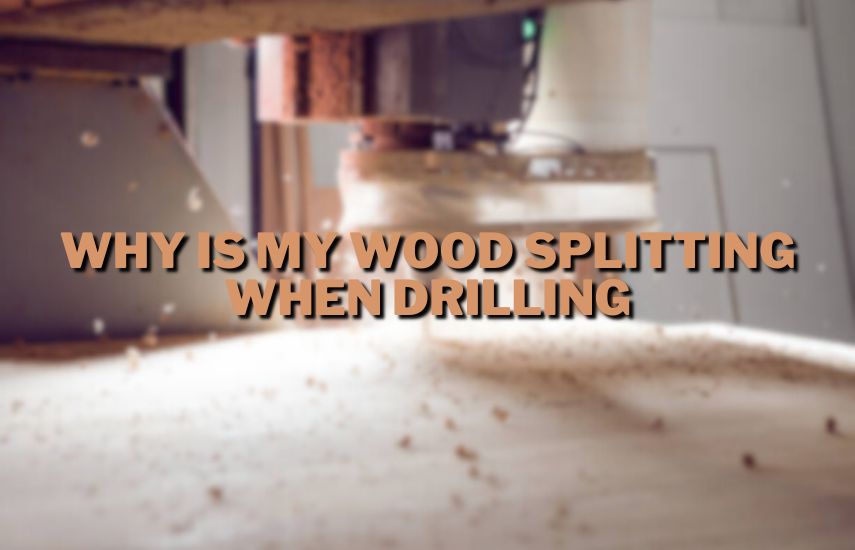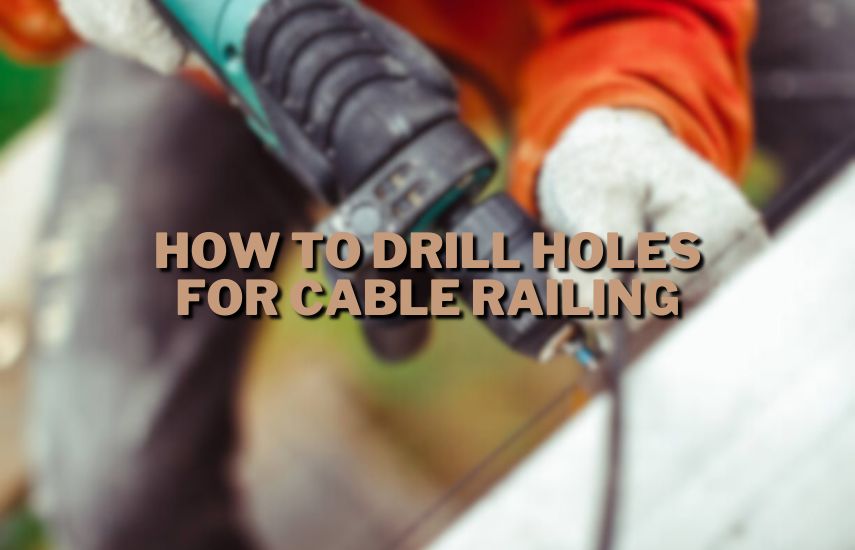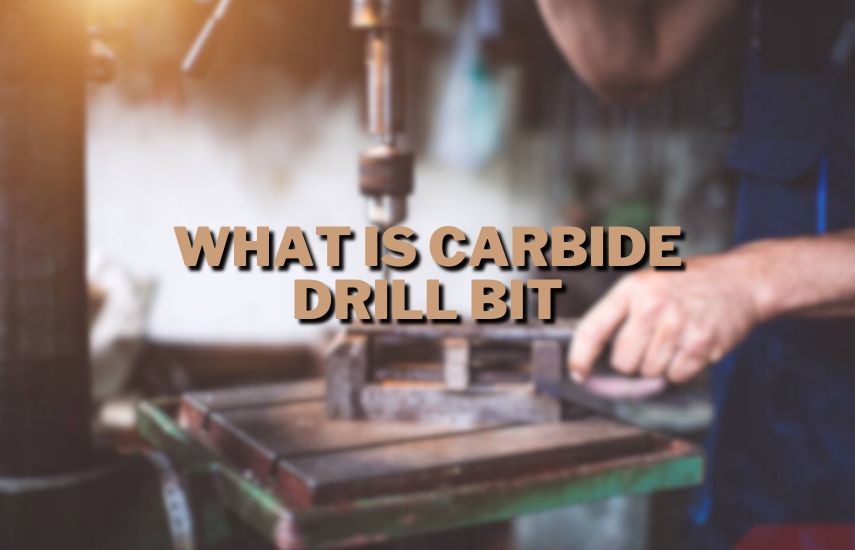Have you ever stared at a concrete wall and wondered how much it would cost to drill a hole for that new exhaust fan or maybe for something that was necessary for the structure?
Core drilling costs typically vary based on their size and location. For holes ranging from 1 to 3 inches, prices per hole might average around $45 to $46, whereas larger holes, spanning from 4 to 14 inches, could range from $100 to $500 each.
The final cost depends on factors such as the number of holes drilled and their specific dimensions, but generally starts at a minimum of $200, potentially reaching $50 or more for larger and deeper holes.
The world of core drilling prices might seem like an intricate maze, but fear not, for unravelling these expenses can save you from unwelcome financial surprises in your projects.
Understanding Core Drilling Prices

To decode, the costs associated with drilling holes in concrete, several crucial factors come into play.
The size of the hole and whether it’s designated for a floor or a wall significantly affect the expenses. Note that prices for holes on walls less than 5 feet in height tend to vary.
Breakdown of Core Drilling Prices
Here’s a table displaying the prices for floor and wall core drilling based on different hole sizes:
| Hole Size (Inches) | Floor Core Drilling Prices ($) | Wall Core Drilling Prices ($) |
|---|---|---|
| 1″ | $45.00 | $60.00 |
| 1 1/2″ | $50.00 | $60.00 |
| 2″ | $55.00 | $75.00 |
| 2 1/2″ | $55.00 | $75.00 |
| 3″ | $75.00 | $95.00 |
| 3 1/2″ | $75.00 | $95.00 |
| 4″ | $85.00 | $100.00 |
| 4 1/2″ | $110.00 | $110.00 |
| 5″ | $120.00 | $140.00 |
| 6″ | $140.00 | $200.00 |
| 7″ | $200.00 | $240.00 |
| 8″ | $225.00 | $300.00 |
| 9″ | $325.00 | $400.00 |
| 10″ | $375.00 | $450.00 |
| 12″ | $475.00 | $550.00 |
This table provides a clear comparison between the prices for floor and wall core drilling based on various hole sizes, allowing for easy reference when estimating costs for specific projects.
Also Read: How Much Does Directional Drilling Cost?
Variations in Core Drilling Costs

The variations in costs predominantly stem from the hole’s size. Smaller holes understandably cost less, while larger ones command a higher price.
Additionally, the complexity and technique involved in drilling into walls versus floors contribute to the cost variations.
Factors Affecting Core Drilling Costs
The size of the hole does not solely determine how much you pay. Material expenses, labour costs, and the intricacy of the project all play pivotal roles.
Moreover, consider the costs of cleanup and post-drilling services. These collective factors sway the final billing significantly.
Tips for Cost-Effective Core Drilling
To optimise your budget, meticulous planning is essential. Select a reputable and professional drilling contractor.
Discuss your project extensively, emphasising the need for quality while adhering to your budget constraints. This ensures that your project remains cost-effective without compromising quality.
Factors Beyond Hole Sizes
Understanding core drilling hole prices is crucial, but it’s also essential to comprehend that it’s not merely about the hole size.
A multitude of variables influence the costs, from the types of materials used to the expertise and techniques required for specific projects.
For instance, drilling into concrete floors demands different tools, techniques, and expertise compared to drilling into walls.
The density of the material and the presence of rebar, wiring, or plumbing within the structure also impact the drilling process and, consequently, the overall cost.
Economic Efficiency in Core Drilling

Saving money without sacrificing quality is the holy grail of any construction or renovation project. Here are some key strategies for achieving economic efficiency in core drilling:
1. Thorough Planning
Take your time to outline the project specifics and discuss them in detail with your contractor to prevent any last-minute surprises.
2. Choose Wisely
Opt for a reputable and experienced drilling contractor. While they may not always be the cheapest, their expertise can save you from costly mistakes in the long run.
3. Quality Matters
Prioritize quality over the lowest price. Lower-priced services might skimp on essential aspects, leading to rework and additional expenses later.
4. Post-Drilling Services
After drilling, make sure you factor in the cost of cleaning up the site and making any necessary repairs. Include these at the very beginning of your budget planning.
Conclusion
Understanding core drilling hole prices is a crucial step before embarking on any project. It’s a key element in effective project planning, preventing unexpected financial shocks, and ensuring that your budget aligns with the project’s needs.
Remember, drilling costs extend beyond just hole sizes; multiple variables dictate the final bill. Armed with this comprehensive knowledge and working with a trusted professional, you can navigate through your core drilling project while being well-prepared financially.
Now, armed with this knowledge, you’re all set to dive into your core drilling journey while ensuring you’re both financially and project-ready!
FAQs
How can I estimate the total cost of my core drilling project?
To estimate the cost, calculate the number of holes needed, their sizes, and their locations.
Consider the rates provided for different hole sizes and add potential expenses for cleanup, post-drilling repairs, and any additional services. It’s wise to consult with a professional drilling contractor for a more accurate estimate.
Can I reduce the expense of core drilling without compromising quality?
Yes, cost-saving strategies include thorough planning, choosing a reputable contractor, opting for bulk drilling if multiple holes are required, and regular maintenance to prevent frequent drilling needs.
However, compromising on quality to cut costs should be avoided, as it might lead to future problems or additional expenses.
Are there hidden costs associated with core drilling projects?
Hidden costs can emerge due to unforeseen damages during the drilling process, especially in cases where underlying structures, wiring, or plumbing are affected. It’s advisable to have a contingency in the budget for such unexpected expenses.
Should I consider DIY drilling to save costs?
While DIY might be effective for simpler, smaller projects, experts should handle more intricate or large-scale drilling jobs.
Incorrect drilling methods can lead to structural damage or safety hazards, resulting in higher costs for repairs or corrective measures. Always prioritise safety and expertise in drilling tasks.
Also Read
Mastering the Art: How to Efficiently Change Drill Bits









